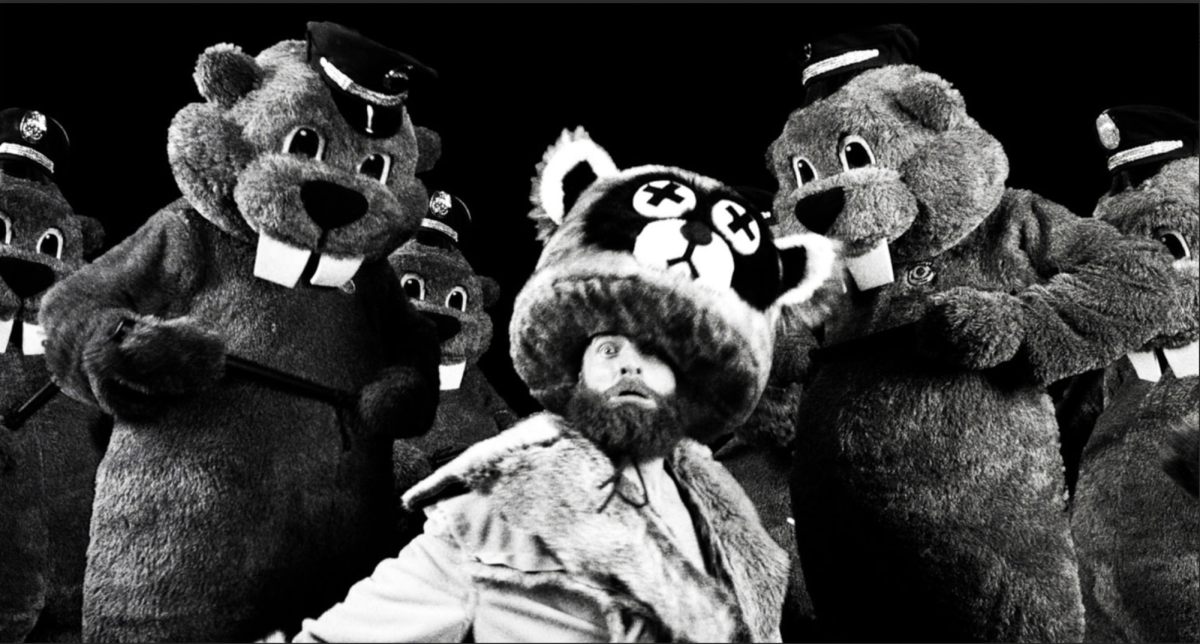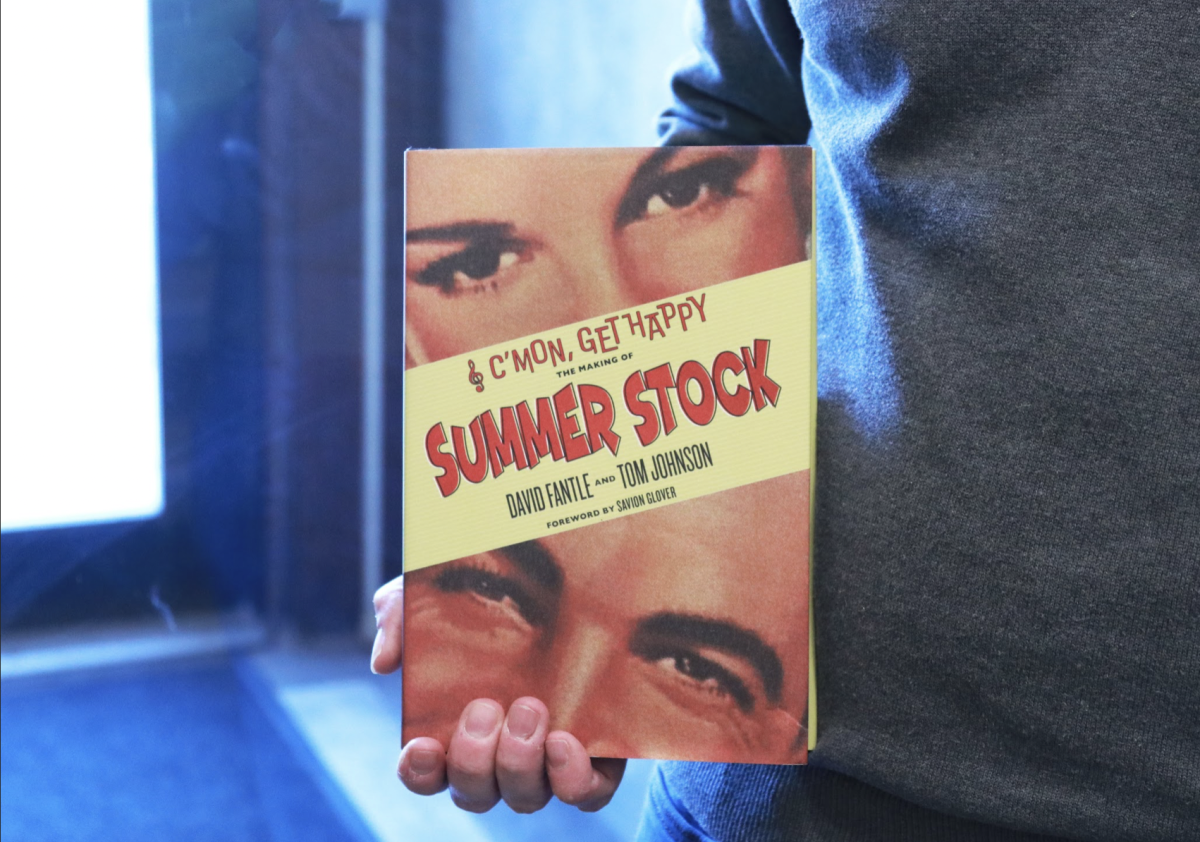 I’m sure you can’t tell from over there, but writing this column every week is harder than it looks.
I’m sure you can’t tell from over there, but writing this column every week is harder than it looks.
Yeah, you get to shoot your mouth about any “artsy” topic you want, but here’s the dirty little secret: Some weeks there isn’t quite as much happening in the great big world of entertainment, and you’ve got to dig a little bit harder.
This week was one of those weeks.
There were definitely things that happened I could have picked to write about, like polyamorous con man TV drama “Lone Star” becoming the season’s first cancellation, or J.K. Rowling saying she might consider writing more Harry Potter books one day (yessssssss). But none of them really felt column-y to me.
So I turned to my partners in crime on the Trib staff for advice. And it worked.
Thursday night, one of our editors texted me that I should write my column on the recent deaths of Tony Curtis and Arthur Penn, an actor and director, respectively, who rose to fame in the late ’50s and ’60s.
Which sounds awesome, I type back, except I don’t know who they are.
Her response: “Omg. Who hired u?”
Ouch.
So, in order to defend the honor of our editor-in-chief and all the editors-in-chief before him, I offered to sit down with Mr. Curtis and Mr. Penn and give them a shot.
Luckily, while both of these stars are known for a wide variety of films, each has one crowning jewel.
Tony Curtis’ is the comedy “Some Like It Hot,” which tells the story of two musicians (Curtis and Jack Lemmon) who witness a gang killing in 1929 Chicago and have to disguise themselves as women to escape mobsters gunning for them.
Arthur Penn’s is the action-romance “Bonnie and Clyde,” which details the crime spree of the infamous couple and their cohorts during the Great Depression.
Honestly, I was a little skeptical. I’d heard of both before and knew they were supposed to be great films, but I kind of figured they were great in the sense that Wagner’s “Ring” cycle is great, or that “Beowulf” is great. Historically and creatively significant, maybe, but nothing I was going to want to take time out of my life to watch.
Boy, was I wrong.
Maybe “Some Like It Hot” could be classified as a romantic comedy, Curtis falling for Marilyn Monroe shortly after they join the all-girls band she sings with, but it’s not like the insipid, formulaic romantic comedies you see nowadays. For one, modern rom-coms use sexual innuendo as a crutch, but Curtis and his castmates use it like a rapier, darting in and out so fast you might just miss it — making it all the more satisfying when you don’t — and the movie offers a plot that isn’t so connect-the-dots you can solve it in 10 minutes.
“Bonnie and Clyde” is no worse at defying expectations. This is no “Bourne” thriller or James Bond flick here; the murderous duo are real, developed characters.
Penn’s work was one of the first to defy the taboo on displaying overt sexuality or violence on film, and while both may seem tame by today’s standards — Bonnie and the impotent Clyde are never seen doing much more than making out, and their death scene is viscerally wrenching but mostly bloodless — every moment of sexual tension or violence feels truly necessary to the movie.
The thing both films share, different as they are, is a subtlety I’m slowly realizing the world of cinema has lost. Curtis came from a time when comedies didn’t require you to beat the same six jokes to death. Penn worked in an era where employing sexuality in a film was a thematic statement, not a market-driven necessity.
Cinema isn’t hopeless. There are still artists out there making films that are as original and convention-bending as Curtis and Penn were. But there are less, and fewer of us will know their names.
And maybe that’s the real tragedy behind the loss of Curtis and Penn this week. At least people like my film-loving friend knew who they were, and those who didn’t, like me, can learn.
But unless we start seeking out better fare than mainstream Hollywood provides us, we’ve already written their heirs’ obituaries.




